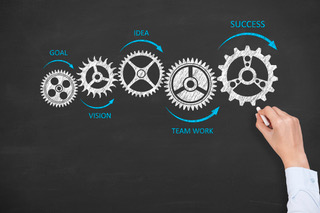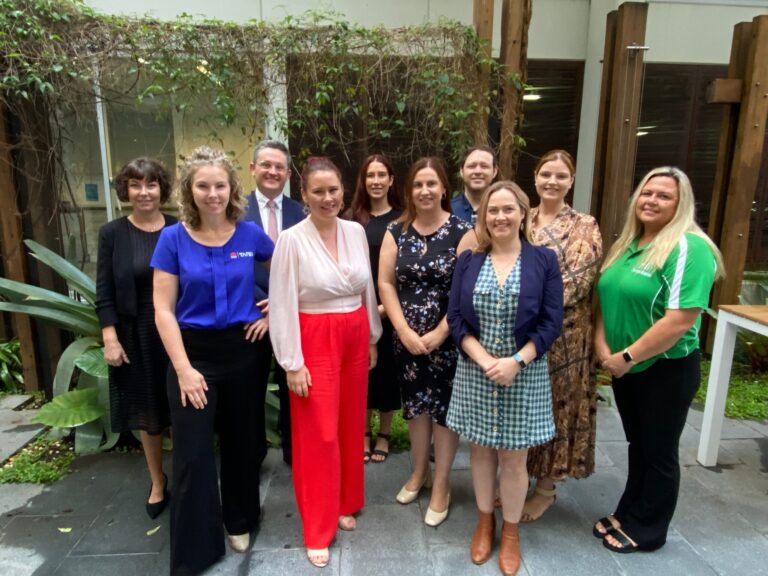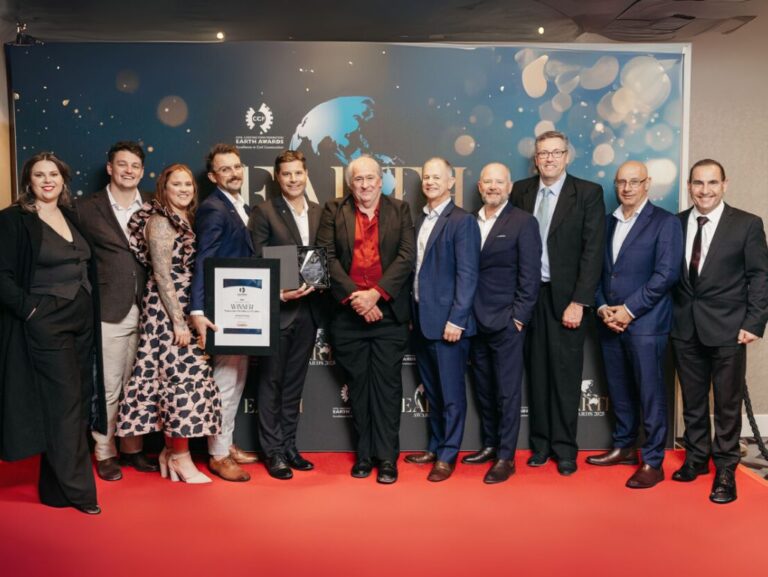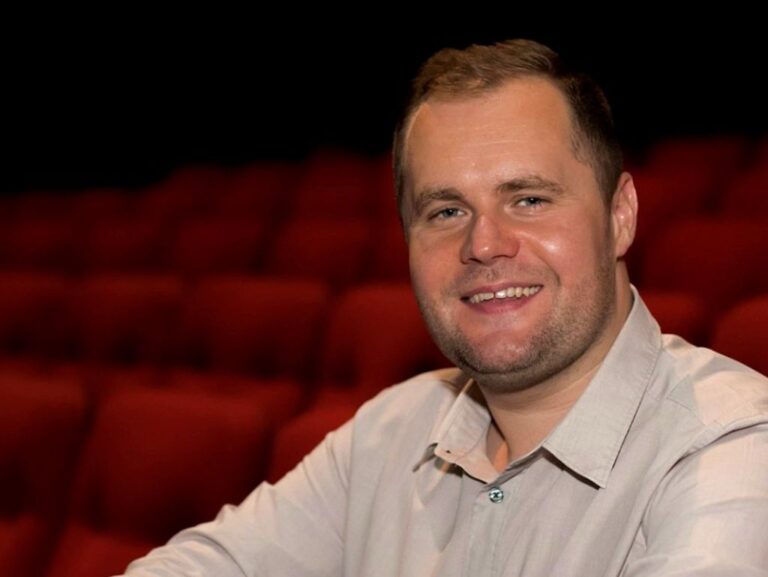All leaders know that they cannot, on their own, achieve the successes they desire. They rely on the people working with them to achieve much more than can be achieved by any individual. Teamwork is fundamental to success.
Good leaders also know the value of investing in their people – it’s not enough that they do their job day after day. Investing time and resources into developing people is required to help organisations achieve even greater results.
So what is the right choice when considering people development options? Training in new skills is often a good idea, but it can be a slow process and may need regular refresher training before these skills become habits. What about unlocking skills that people already have but may not realise they have, or feel unable to use due to a variety of unintended circumstances?
Nearly 100 years ago, Carl Jung published his theories of type. He proposed that many seemingly random behaviours could, in fact, be explained to some degree by a few simple options. 30 years’ later, the mother-daughter pairing of Katharine Briggs and Isabel Briggs Myers put Jung’s theories into practice by developing the Myers-Briggs Type Indicator® (MBTI®) instrument.MBTI® is now used all over the worldand, as late as 2015, was being used by more than 80 of the Fortune 100 companies.
Many of us have heard of MBTI® – in fact, many of us have probably taken the assessment and may even know our own type (the four letter combinations of E or I, S or N, T or F, and J or P). But who is using it? Who understands that Jung’s theory is that MBTI® tells us things about ourselves which:
• Are inherent to us;
• Never change; and
• Are all good.
It feels like MBTI® has been around forever, so why bring it up now? The wheel has also been around for a while, but we haven’t sacked it yet! Why are most of the world’s biggest companies on board with MBTI®? Perhaps because it is simple to use, requires minimal ongoing investment in time or resources to keep it alive, and because it creates a non-judgemental vocabulary to help people to work better together. And perhaps, most importantly, because it works.
When looking at options for developing people, why not grab the low hanging fruit first? Unlock your people’s inherent strengths, challenge them to achieve greater results, and then enjoy the ride!





